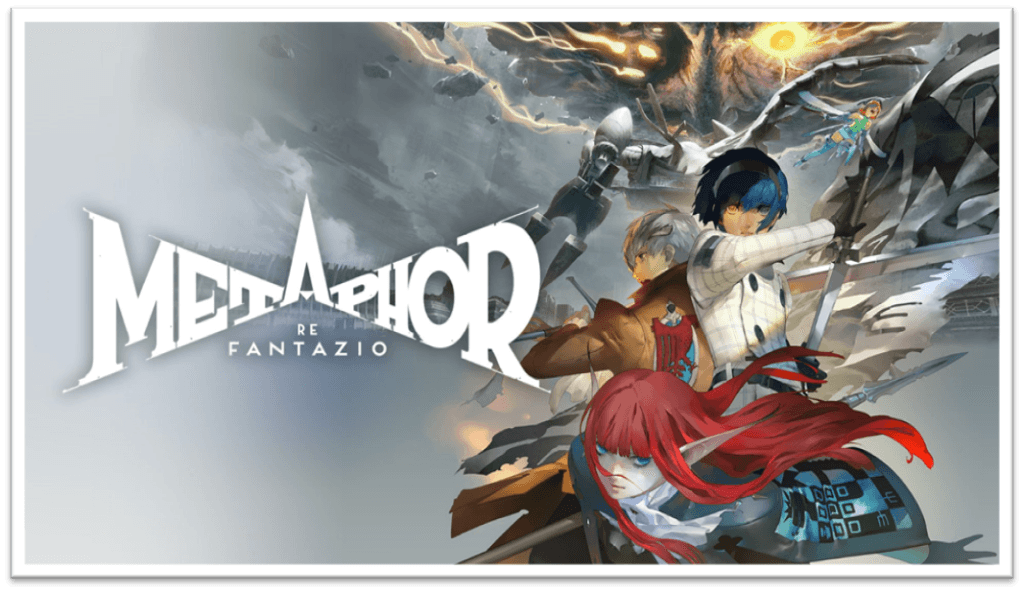
The Story
In an intriguing bit of foreshadowing and contrast, Metaphor: ReFantazio opens its tale in a magical medieval Western fantasy landscape. The main protagonist, whom we get to personally name, is seen reading a book about another fantasy world where all people belong to one unified tribe. In this ideal society, people accept one another, crime is virtually nonexistent, advancements are made through labor and the thirst for knowledge, and no one faces discrimination—everyone is considered equal. For our protagonist, this is indeed a fantasy, as his world is the very opposite.
As soon as Yuri, the name I gave the protagonist, closes that fantasy book, we’re thrust into the harsh reality of his world, where bandits ambush his party’s caravan. Fast forward a bit, and we learn that Yuri is secretly tasked with trying to lift a curse from his long-believed-dead childhood friend, the Prince of the kingdom, who has been left in a coma. During this, we are formally introduced to his fairy companion, Gallica, and provided with a brief tutorial before journeying to the Royal Capital of the Kingdom of Euchronia.
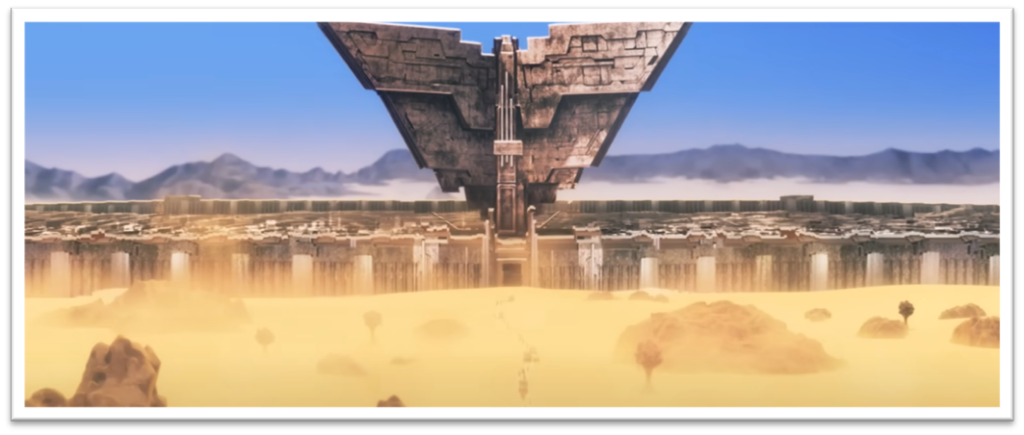
Upon reaching the capital, it becomes apparent that division and discrimination are pervasive, with poverty and racism as accepted as breathing. The world is divided into nine tribes, from the Roussainte to the Clemar to Yuri’s tribe, the Elda. The Elda are seen as the lowest in the social hierarchy, labeled as the “tainted race” by the state religion, Sanctism, which deems their unique magical ability dangerous. The story is inherently political, centering on the struggle for power after the kingdom’s ruler is assassinated by the game’s primary antagonist, Louis Guiabern.
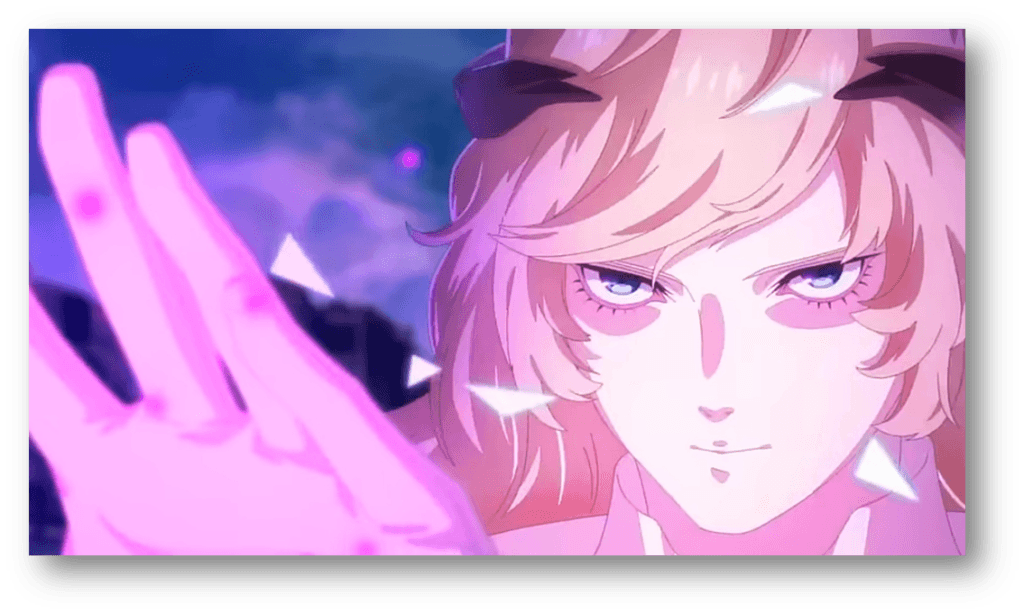
The Foundation
In researching Metaphor: ReFantazio, I uncovered details about Atlus’ impressive creative team. Developed by Studio Zero, also known as Creative Department 3rd Production, they previously worked on the cult classic Catherine. Fans of Atlus should be ecstatic, as the team includes award-winning veterans from Shin Megami Tensei 3, Persona 3, Persona 4, and Persona 5, such as director Katsura Hashino, character designer Shigenori Soejima, concept artist Kazuma Koda (known for NieR: Automata), and composer Shoji Meguro.
In the hours I spent playing, their expertise shone through in everything, from the impressively animated cutscenes to the solid voice acting and the sleek, stylish UI and menu layouts. This collaboration feels like a new standard in Atlus’ RPG offerings.

The Mechanics
ReFantazio brings a mix of gameplay mechanics familiar to fans of previous Atlus role-playing games. The game features a fusion combat system that blends traditional turn-based battle mechanics during standard enemy encounters with real-time action combat called “Fast Battles.” As a fan of this approach, I appreciated how it allowed players to defeat low-level enemies without transitioning to a separate battle screen.
The more traditional turn-based “Squad Battles,” used for tougher enemies, allow for strategic play that involves the entire party.
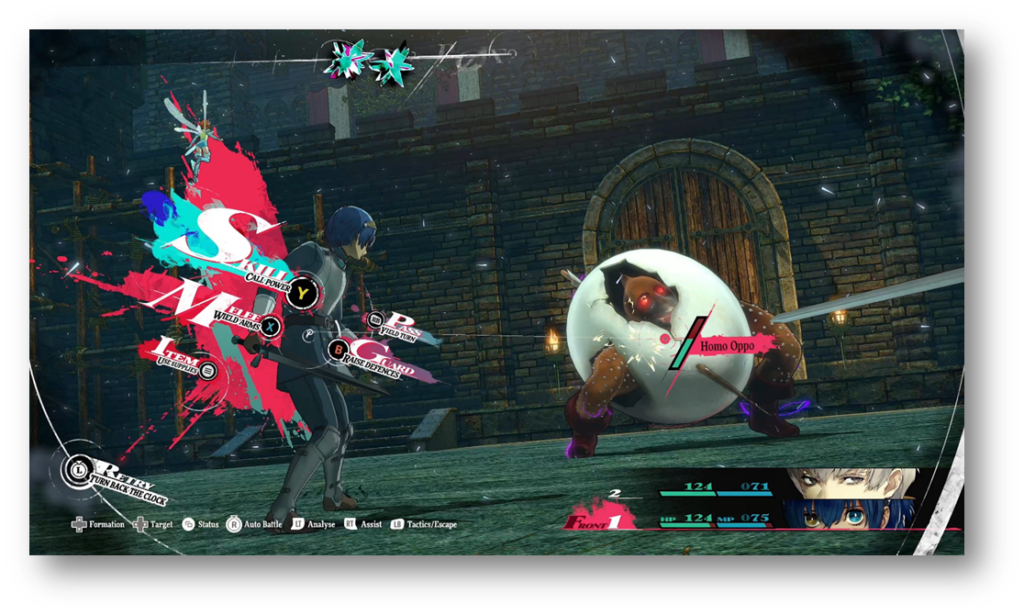
You may be wondering, “What about the jobs system?” Rest assured, you won’t be restricted to simple attacks or light magic. Instead, the game introduces Archetypes, a special power linked to the main character’s Elda tribe, whose unique magical ability serves as the catalyst for this system.
There are a variety of jobs available, and during my playthrough, I encountered Seeker, Mage, Warrior, Healer, and Knight. Archetypes allow characters to transform into powerful forms based on ancient spirits of heroes and kings. As you progress, you unlock the “Synthesis” ability, enabling two Archetypes to combine for more powerful, visually spectacular attacks. When certain conditions are met, an animated cutscene showcases these transformations and it’s genuinely badass!

The Social
One standout feature of Metaphor: ReFantazio is its social simulation system, which plays into Yuri’s public favorability in the narrative’s election for the next king. Time-based side activities, linked to a calendar system, can be missed if not completed, adding a layer of urgency. The “Follower” system allows players to form bonds with NPCs, enhancing the Archetype system by unlocking new abilities and leveling up those relationships.
I found these systems unique, intriguing, and compelling enough to make me want to invest in the world and its characters.
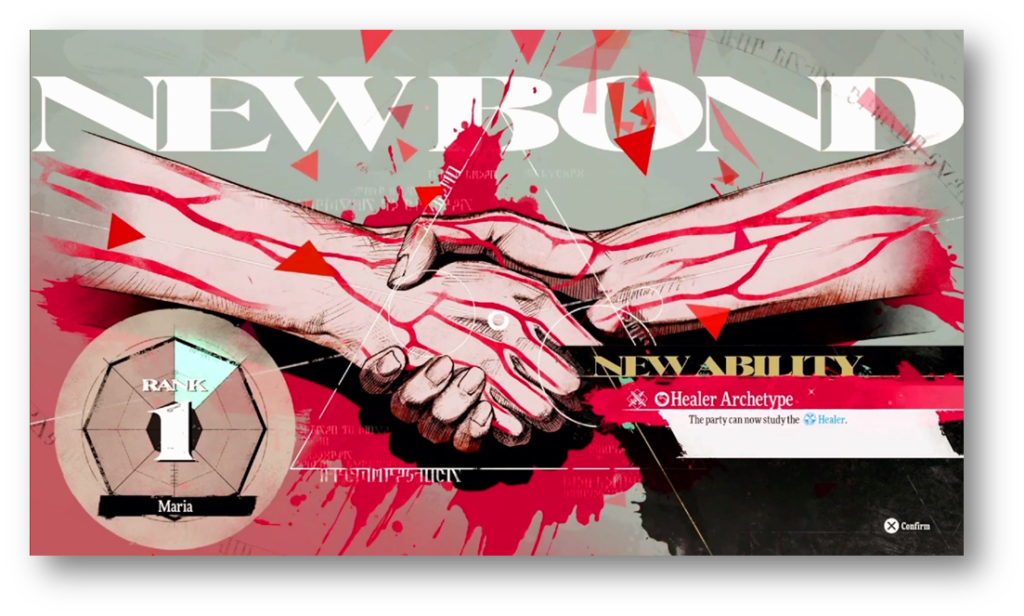
Conclusion
Although I’m not the biggest fan of turn-based RPGs, I’ve dabbled in my fair share over the years, spending hundreds of hours on them. After playing the demo for Metaphor: ReFantazio, I started to understand why past Atlus titles like the Persona series are so beloved. I can see myself becoming a fan.
Set in a world of high fantasy, filled with discrimination, political drama, and social dynamics, I believe ReFantazio will captivate players and critics alike, with the potential to earn a Game of the Year nomination.

For more reviews, previews, and games you should keep on your radar check out the Blog

Great preview Umbra, I hope you continue to do them in future.
Thank you Panda!
Amazing write up and very well written.
Good job and i hope to see many more previews / reviews from you in the future
Great review, hope to see more of them.
Thanks for sharing this valuable information.